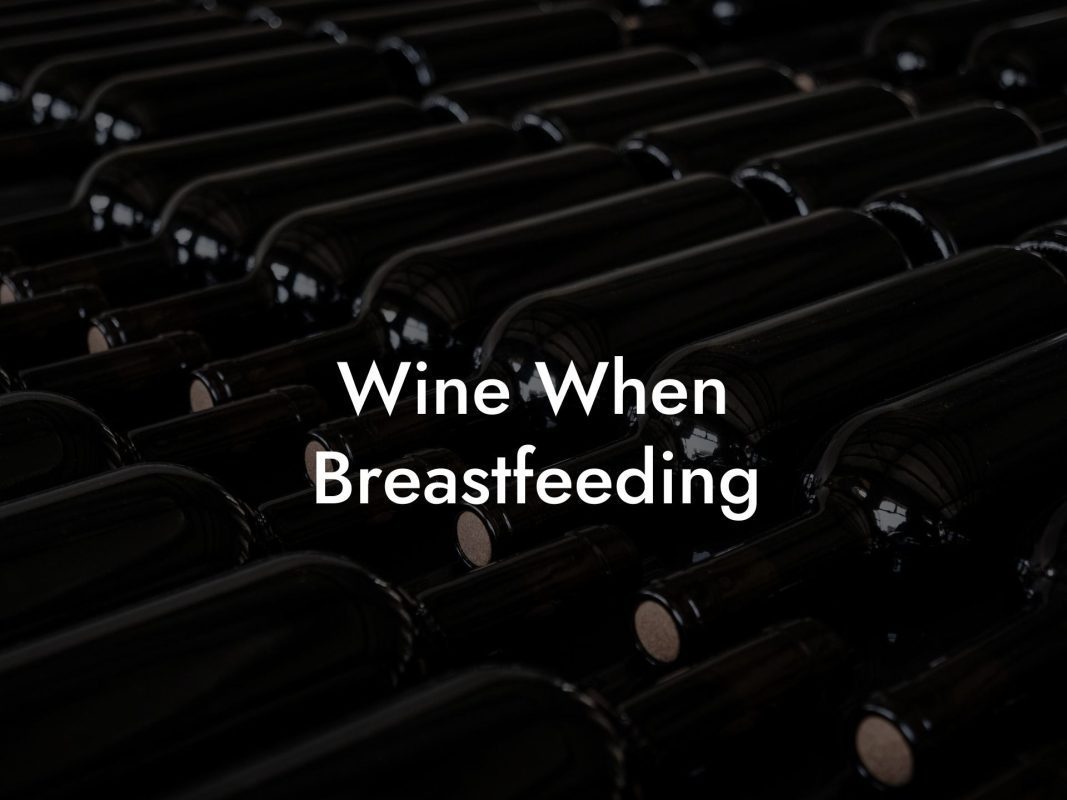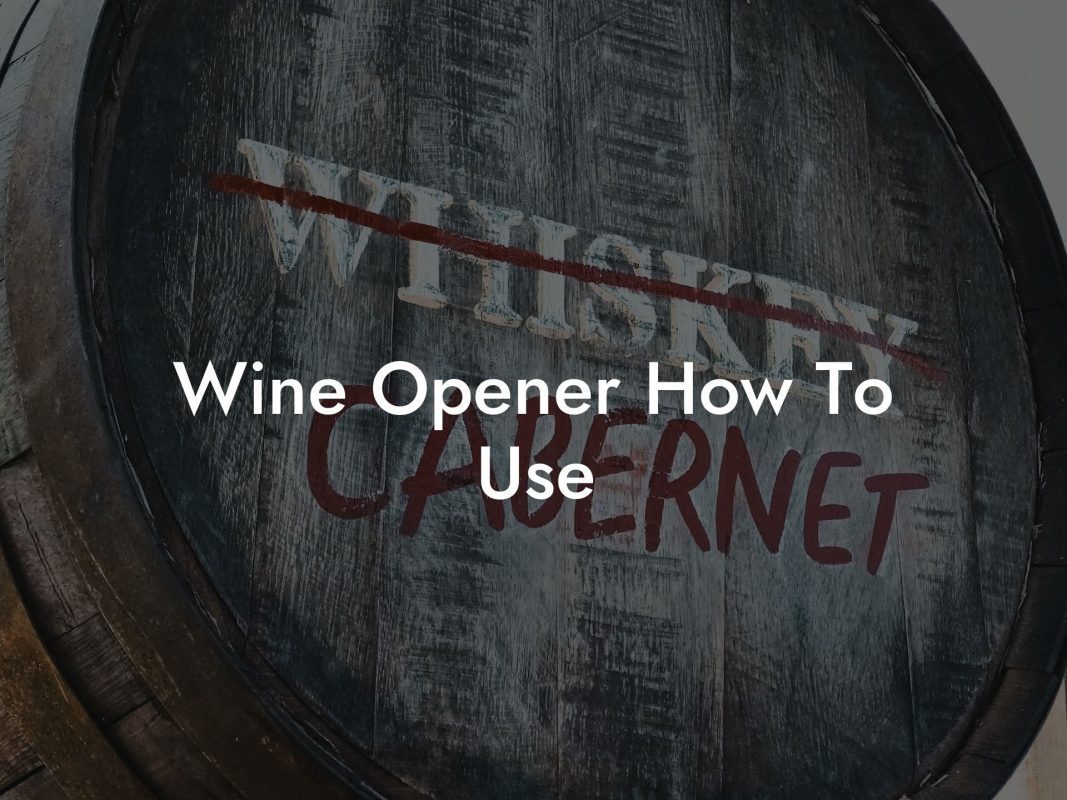Ever had that highly anticipated wine night with friends, and as you take your first sip, you find yourself confused by the strange and musty flavors you're experiencing? Well, chances are you've just encountered a corked wine. But fear not, dear wine enthusiasts! In this article, we will delve into the world of corked wines and teach you everything you need to know about recognizing and dealing with these pesky wine spoilers. So, buckle up and let's embark on a flavorful journey together!
How To Tell If A Wine Is Corked Table of Contents
What is a Corked Wine?
A corked wine is a wine that has been tainted with a chemical compound called 2,4,6-trichloroanisole (TCA). This compound is formed when cork comes into contact with certain fungi and chlorine-based cleaning agents. TCA affects the overall aroma, taste, and quality of the wine, making it undrinkable and utterly disappointing to wine enthusiasts.
How Does it Affect the Wine?
TCA has a powerful musty aroma and an unpleasant taste, both of which can overwhelm the natural flavors and characteristics of the wine. In some cases, TCA can be detected at a concentration as low as one part per trillion! A corked wine may exhibit various degrees of TCA taint, ranging from barely noticeable to utterly undrinkable.
Do You Want to Win a Free Bottle of Wine?
Don't miss out on the opportunity to win a free bottle of wine every week.
Enter our weekly prize draw today!
How To Tell If A Wine Is Corked: Signs and Symptoms
Here are some telltale signs that a wine might be corked:
- Aroma: The first and most noticeable sign of a corked wine is a musty, wet cardboard-like, or moldy smell. Think of a damp basement or an old library book – not exactly what you want to pair with your delicious dinner, right?
- Taste: If you take a sip of a potentially corked wine and are met with a flat, dull, or muted taste, chances are the TCA is present in the wine. The fruit flavors in the wine may also be suppressed, and the overall taste will be lackluster and unbalanced.
- Visuals: Although less common, in some cases, there might be visible signs of cork taint, such as a slightly darker color or tiny white particles floating in the wine. However, visual inspection alone doesn't guarantee that a wine is corked. Trust your nose and taste buds!
Dealing with a Corked Wine
If you've identified a corked wine, here's what to do next:
- Don't Panic: Discovery of a corked wine can be disappointing, but it's important to remember that it's not your fault or an indicator of poor taste! Cork taint is a known risk in the wine industry.
- Seek a Second Opinion: Share your suspicions with your friends or the sommelier. Sometimes, a second opinion can help confirm the presence of TCA and assure you that you're not just being overly critical.
- Return the Bottle: If you're at a restaurant or a wine tasting event, inform the staff about the corked wine. They should be more than happy to replace the bottle. If you purchased the bottle from a retailer, most will offer a refund or exchange for corked wines. Just make sure to save the receipt and return the bottle with the cork.
- Prevention: Unfortunately, there's no foolproof method to prevent corked wines. However, some wine producers are switching to alternative closures like screw caps, synthetic corks, or glass stoppers to minimize the risk of TCA contamination.
How To Tell If A Wine Is Corked Example:
Imagine you open up a highly praised bottle of red wine to celebrate a special occasion. As you eagerly pour the wine into your glass, you're hit with a musty, damp smell reminiscent of a moldy basement. Instinctively, you take a small sip and find that the wine tastes muted and unbalanced. Your once highly praised bottle of wine is now nothing more than a corked disappointment. Recognizing these signs, you return the bottle to the store where it was purchased and are promptly offered a replacement or refund – saving the day and allowing you to savor a proper wine experience.
Armed with your newfound knowledge, you'll be fully equipped to identify, deal with, and hopefully avoid the unfortunate experience of encountering a corked wine. Wine appreciation is a skill that takes time, practice, and knowledge to develop, and we at Black Wine Club are here to help you along the way. If you found this article helpful, be sure to share it with your fellow wine enthusiasts and explore the other informative and engaging guides available on Black Wine Club. Cheers to your exciting and flavor-filled journey through the vast world of wines!
Do You Want to Win a Free Bottle of Wine?
Don't miss out on the opportunity to win a free bottle of wine every week.
Enter our weekly prize draw today!












